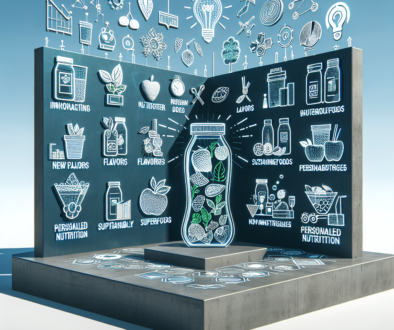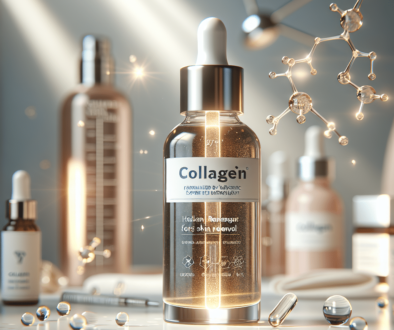Effects Of Different Pretreatment Methods On Collagen Peptide From Crass Carp Scale
Keywords
Ctenopharyngodon Idellus Fish Scale Collagen Peptide Heat Treatment Smashing Treatment Protease Enzymatic Hydrolysis
Abstract
Grass carp (Ctenopharyngodon idellus) scales were used as raw materials, and three commonly used industrial proteases were used to enzymatically hydrolyze three fish scales that had been treated with different pretreatment methods. Collagen peptides were prepared through enzymatic hydrolysis, centrifugation, freeze-drying and other processes, and the different pretreatments were compared. The yield and product characteristics of collagen peptides prepared by the method. The results show that the pretreatment method has a significant impact on the nitrogen yield, degree of hydrolysis and amino nitrogen production of the fish scale enzymatic hydrolysis product (P<0.05). The appropriate pretreatment method is heat treatment combined with crushing treatment; the pretreatment method has a significant impact on the product's The influence of molecular weight and distribution is not obvious. The high-performance liquid chromatogram of the product has three major component peaks, which are around 10 000~14 000, 8 000~9 000, and 4 000 ku respectively. The pretreatment method affects the effect of collagen peptides. The DPPH¡¤clearance rate has a significant impact, mainly affected by heat treatment, and the impact of crushing treatment is smaller. Considering the yield and product characteristics of collagen peptides, the ideal fish scale pretreatment method is heat treatment combined with crushing treatment. Under different pretreatment methods of heat, smashing and their combination, the collagen peptide of crass carp scale was obtained after the processes of enzymatic hydrolysis, centrifugalization and freeze drying. The yield and properties of specimens were compared and analyzed. Results showed that the average values of the nitrogen recovery,degree of hydrolysis,amino-N production and anti-oxidant activity ª«in vitroª« were significantly different between different pretreatment groups (P<0.05).The relative molecular weight and distribution did not vary significantly with pretreatment methods.Considering the yield and properties of end-products, the ideal pretreatment method is heat and smashing for collagen peptide extracted from crass carp scale. For further information of this article and research, feel free to contact our team for asssitance. Original research was done by Hu Yang, Yang Lili, Xiong Shanbai, Liu Youming, You Juan, Yin Tao
About ETChem
ETChem, a reputable Chinese Collagen factory manufacturer and supplier, is renowned for producing, stocking, exporting, and delivering the highest quality collagens. They include marine collagen, fish collagen, bovine collagen, chicken collagen, type I collagen, type II collagen and type III collagen etc. Their offerings, characterized by a neutral taste, and instant solubility attributes, cater to a diverse range of industries. They serve nutraceutical, pharmaceutical, cosmeceutical, veterinary, as well as food and beverage finished product distributors, traders, and manufacturers across Europe, USA, Canada, Australia, Thailand, Japan, Korea, Brazil, and Chile, among others.
ETChem specialization includes exporting and delivering tailor-made collagen powder and finished collagen nutritional supplements. Their extensive product range covers sectors like Food and Beverage, Sports Nutrition, Weight Management, Dietary Supplements, Health and Wellness Products, ensuring comprehensive solutions to meet all your protein needs.
As a trusted company by leading global food and beverage brands and Fortune 500 companies, ETChem reinforces China’s reputation in the global arena. For more information or to sample their products, please contact them and email karen(at)et-chem.com today.



